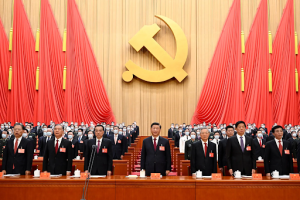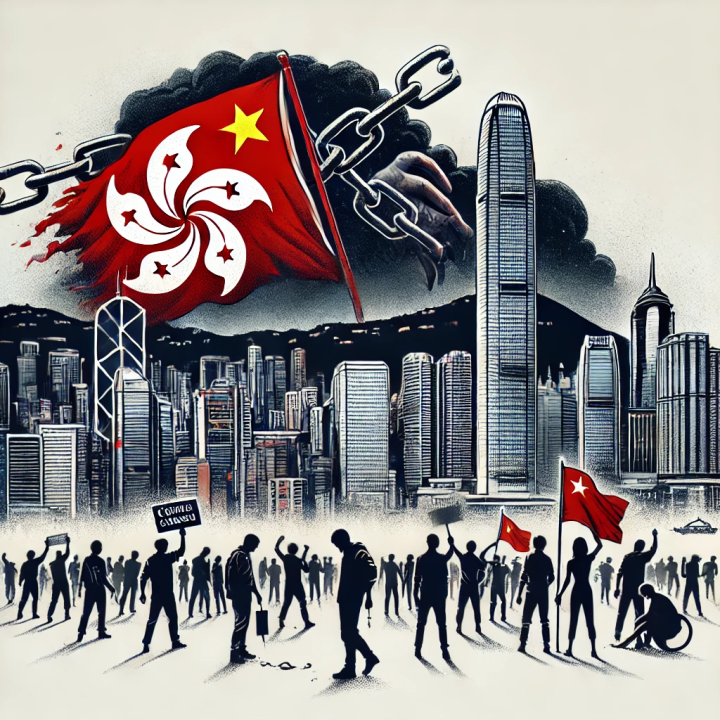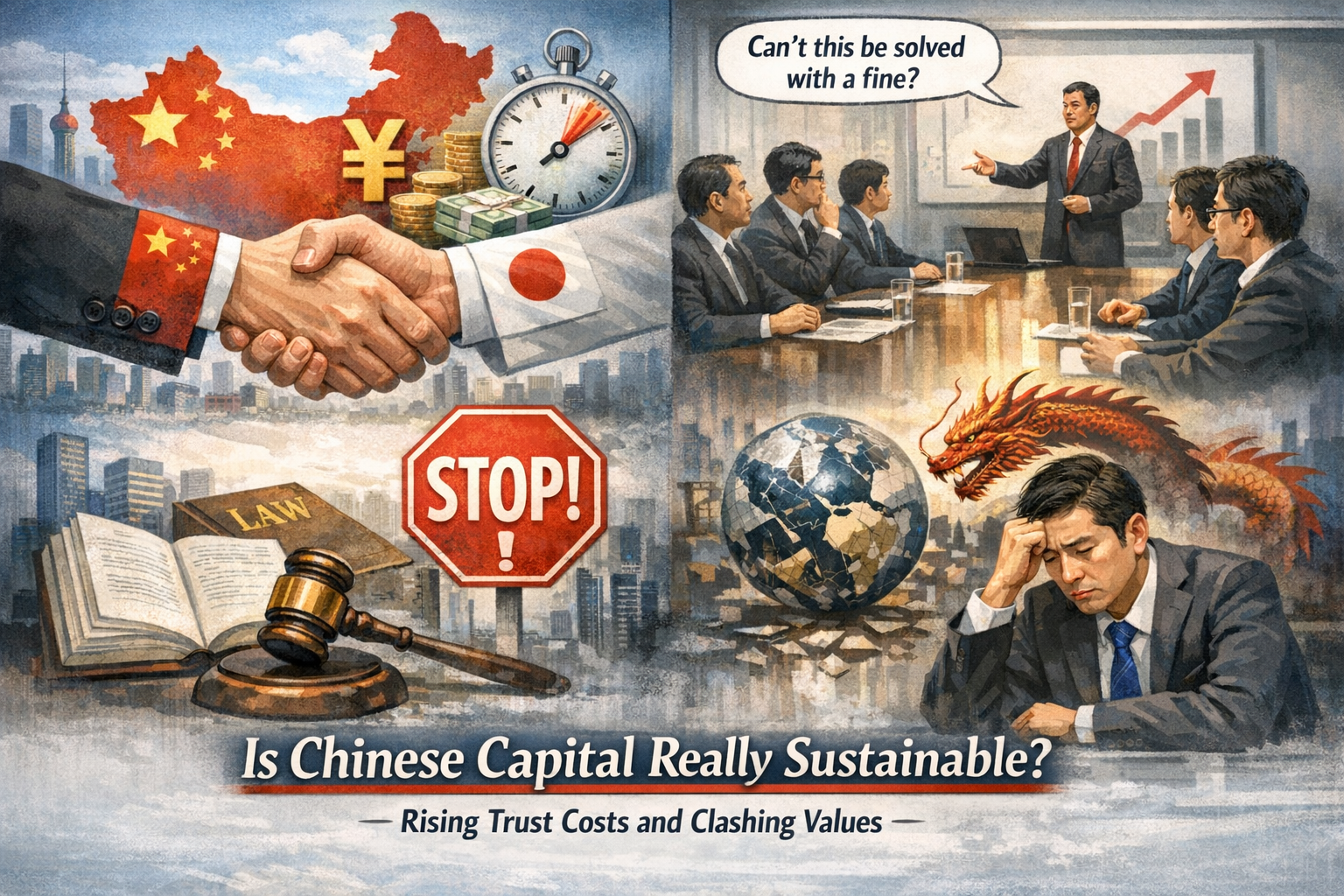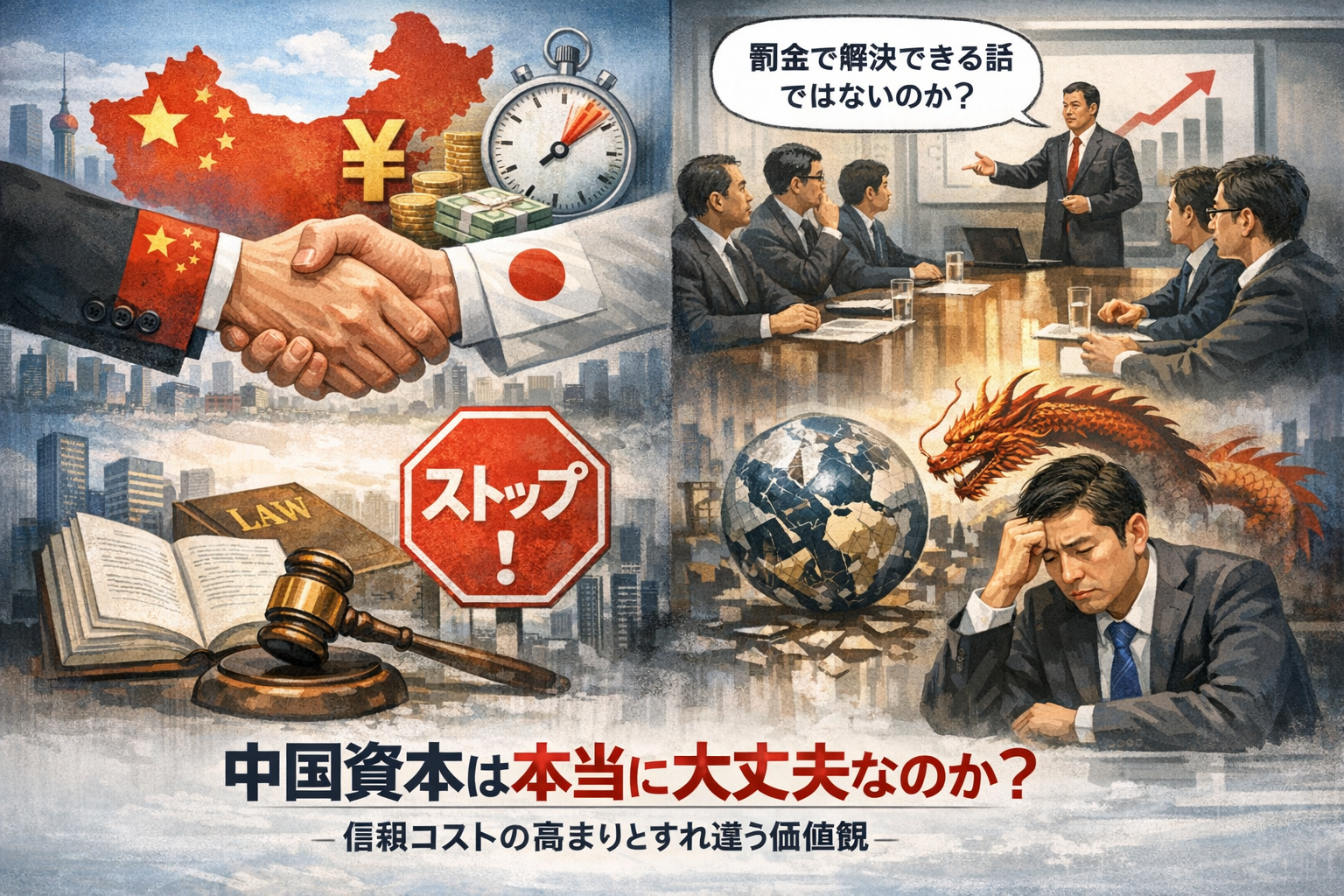※Translated with Notion AI. (Plus version)
Did you see the article [Hong Kong to accept 1 million people from mainland China, easing visas for university graduates] published in the October 29th morning edition of the Nikkei Shimbun?
For those who don’t subscribe to the Nikkei, I’ll summarize the key points later, but what I want to emphasize is the “emptiness” of this report.
Having lived in Hong Kong for many years and closely observed the relationship between China and Hong Kong, I want to ask you, the readers, whether such reporting is truly substantive.
At first glance, this article gives the impression that China is deepening its constructive involvement in Hong Kong.
However, it remains superficial and lacks in-depth discussion.
Do you think the Chinese Communist Party would do anything that doesn’t benefit the party?

This is not just about the content being shallow.
It feels like a product of “self-censorship” that lacks necessary perspectives, perhaps out of consideration for China or to avoid the impact the article might have.
In my personal opinion, if Japanese media are this cautious, it seems they might as well refrain from touching on international affairs altogether and limit themselves to reporting domestic gossip.
The Chinese government’s policy towards Hong Kong is an issue of significant impact not only for Hong Kong people but for Asia as a whole.
To understand its reality, we need to go beyond mere information provision and speak the “true feelings” of those living in Hong Kong.
I want to convey the reality that the Nikkei failed to communicate, from the perspective of someone on the ground in Hong Kong.







